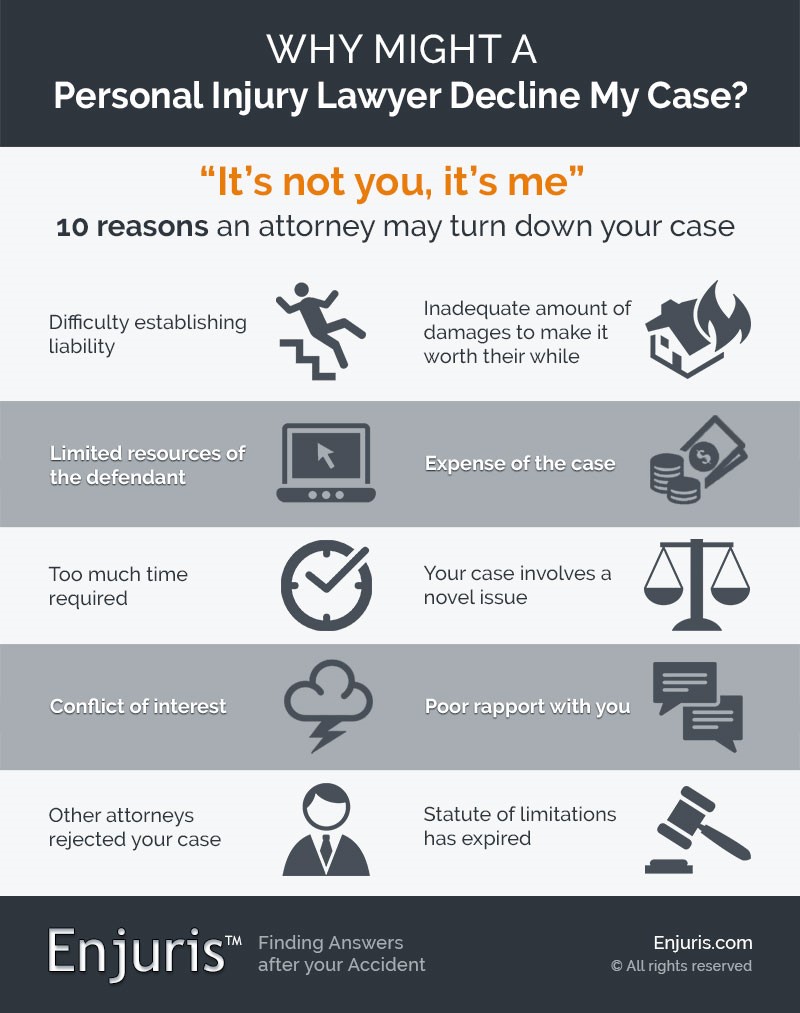A Comprehensive Overview To Landlord-Tenant Law Genuine Estate Lawyer
A Comprehensive Overview To Landlord-Tenant Law Genuine Estate Lawyer
Blog Article
Material By-Solomon Mosegaard
When it involves landlord-tenant law, understanding your rights and duties is crucial for both events. You may believe you have a strong grasp on the essentials, yet there are usually subtleties that can catch you unsuspecting. Whether you're a landlord taking care of a property or a tenant looking for a secure home, understanding the legal landscape can make all the difference. What might shock you are the complexities associated with navigating conflicts and eviction procedures.
Recognizing Renter Legal Rights and Responsibilities
When you rent a residential property, it's essential to comprehend your legal rights and responsibilities as an occupant. You can a safe and habitable living environment, implying your property manager should maintain vital services like heating, plumbing, and electricity.
You're also entitled to personal privacy; proprietors usually need to offer notification before entering your device.
On the other side, you're responsible for paying lease on schedule, maintaining the home tidy, and not creating damages past normal damage.
Familiarize yourself with your lease agreement, as it details particular regulations and responsibilities. Being aware of these aspects not only shields you but also cultivates a favorable connection with your proprietor.
Keep notified, and you'll browse your occupancy better.
Key Proprietor Responsibilities and Lawful Considerations
While you might know your rights as a tenant, it's equally important to comprehend your landlord's obligations.
real estate commercial vs residential need to give a safe and habitable living environment, guaranteeing that essential systems like heating, plumbing, and electrical power are in working order. propery lawyer for making necessary fixings promptly and sticking to regional building codes.
Furthermore, property owners have to respect your personal privacy by giving correct notice prior to entering your unit, normally 24-hour. They need to handle security deposits according to state laws, including returning them promptly after you move out, minus any legal reductions.
Comprehending these responsibilities can aid you keep a positive relationship with your landlord and ensure your living situation satisfies legal criteria.
Browsing Disagreements and Eviction Procedures
Disagreements between landlords and lessees can emerge unexpectedly, making it essential for you to comprehend the processes associated with resolving them.
Initially, communication is vital-- attempt to review concerns directly to find a concession. If that falls short, acquaint on your own with your regional regulations concerning disputes and eviction. Document everything: maintain records of interactions, payments, and any kind of infractions.
If expulsion comes to be essential, ensure you adhere to the lawful actions called for in your location, which typically includes providing composed notification and a details timeframe for resolution.
Be prepared to head to court if the scenario intensifies, as it may be your only choice. Comprehending trust and tax benefits will certainly assist you navigate conflicts better and shield your civil liberties as either a proprietor or lessee.
Final thought
In recap, comprehending landlord-tenant legislation is vital for both parties associated with a rental contract. By recognizing your civil liberties and duties, you can promote a far better living setting and prevent problems. If disputes arise, keep in mind that a real estate attorney can assist direct you through the complexities of eviction processes and legal responsibilities. Staying informed and aggressive will ensure a smoother rental experience, whether you're a landlord or an occupant.
